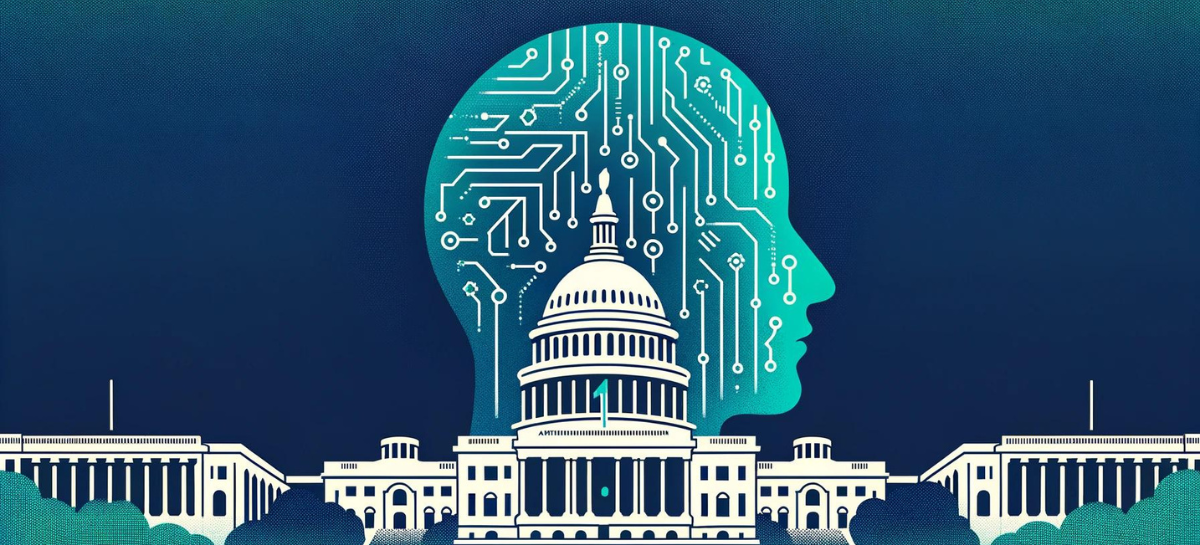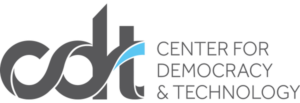
What threats does AI pose to our information environment? What steps can and should policymakers take to address those threats without unduly burdening online free speech?
A symposium organized by The Future of Free Speech at Vanderbilt University and the Center for Democracy and Technology brought together leading voices from civil society, U.S. institutions, and the private sector. Panels focused on proposed AI regulations in the context of the First Amendment and other free speech protections. The participants discussed how freedom of expression principles, both in the U.S. and abroad, should apply to generative AI and explored ways to create a resilient free-speech culture.
Program and Speakers
Opening Remarks
Delivered by Jacob Mchangama, Executive Director of The Future of Free Speech at Vanderbilt University.
Panel 1: The View from Congress
Panelists discussed congressional and administration efforts to understand the emerging technology and take action to preserve access to its benefits while curbing risk and protecting free expression.
Panelists:
- Halie Craig — Tech Policy Director, Senate Commerce Committee
- John Beezer — Senior Advisor, Senate Commerce Committee
- Jacqui Kappler — Chief Democratic Counsel, House Judiciary Committee
- Moderator: Samir Jain — Vice President of Policy, Center for Democracy & Technology
Panel 2: The First Amendment and AI
What is the scope of First Amendment protections for generative AI, including model outputs, model inputs, model design choices, and evaluations? Does Section 230 apply to generative AI? Should it?
Panelists:
- Jeff Kosseff — Non-Resident Senior Fellow, The Future of Free Speech
- Eugene Volokh — Professor, UCLA Law School & incoming Senior Fellow, Hoover Institution at Stanford University
- Keith Chu — Chief Communications Adviser and Deputy Policy Director, Senator Ron Wyden (D-Oregon)
- Ben Wizner — Director, ACLU Speech, Privacy, and Technology Project
- Moderator: Becca Branum — Deputy Director, Free Expression Project, Center for Democracy & Technology
Panel 3: How Do Companies Balance Free Speech and Safety?
What tools and practices are AI providers using to promote safety and alignment broadly and limit the production of CSAM, terrorist content, etc.? What are the impacts on specific users (e.g., non-English speaking communities, or persons with disabilities)?
Panelists:
- Dave Willner — Non-Resident Fellow, Program on Governance of Emerging Technologies at Stanford University
- Jules White — Professor of Computer Science, Vanderbilt University
- Jacob Mchangama — Founder and Executive Director, The Future of Free Speech and Research Professor, Vanderbilt University
- Moderator: Jennifer Huddleston — Senior Fellow in Technology Policy, Cato Institute
Panel 4: Civil Society’s Role in the AI Boom
How do we ensure that civil society and other stakeholders have a meaningful role in helping to shape company policies and practices around generative AI? Should there, for example, be an equivalent of the Santa Clara principles for generative AI? What are the existing multistakeholder bodies that might provide a venue for shaping these policies?
Panelists:
- Nadine Farid Johnson — Policy Director, Knight First Amendment Institute at Columbia University
- Ashkhen Kazaryan — Senior Fellow, Free Speech & Peace, Stand Together
- Kate Ruane — Director, Free Expression Project, Center for Democracy & Technology
- Moderator: Jennifer Huddleston — Senior Fellow in Technology Policy, Cato Institute
About Us

The Future of Free Speech is an independent, non-partisan think tank located at Vanderbilt University. It works to restore a resilient global culture of free speech in the digital age through knowledge, research, and advocacy.

The Center for Democracy & Technology (CDT) is the leading nonpartisan, nonprofit organization fighting to advance civil rights and civil liberties in the digital age. It shapes technology policy, governance, and design with a focus on equity and democratic values.
The Future of Free Speech is a proud partner of Dialogue Vanderbilt.
